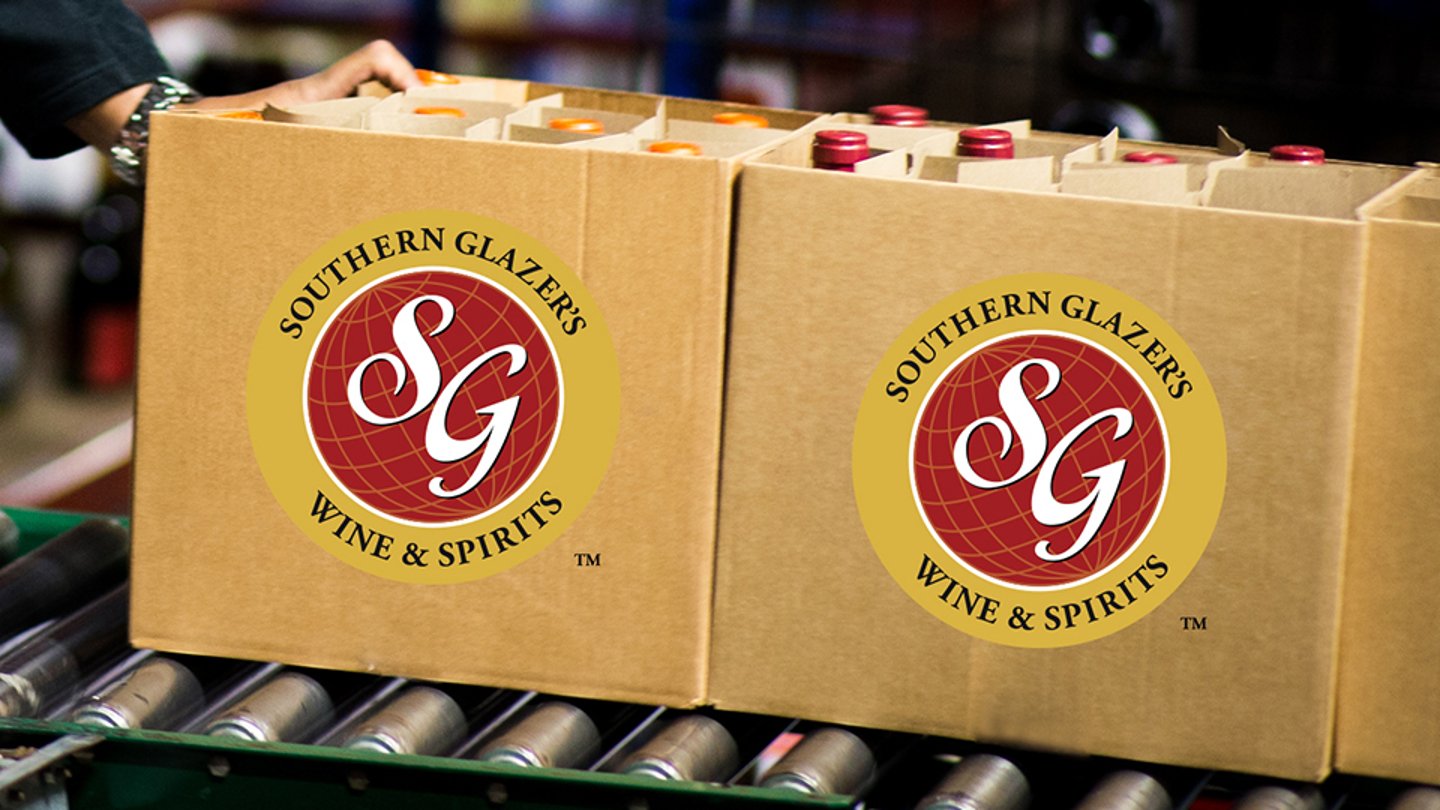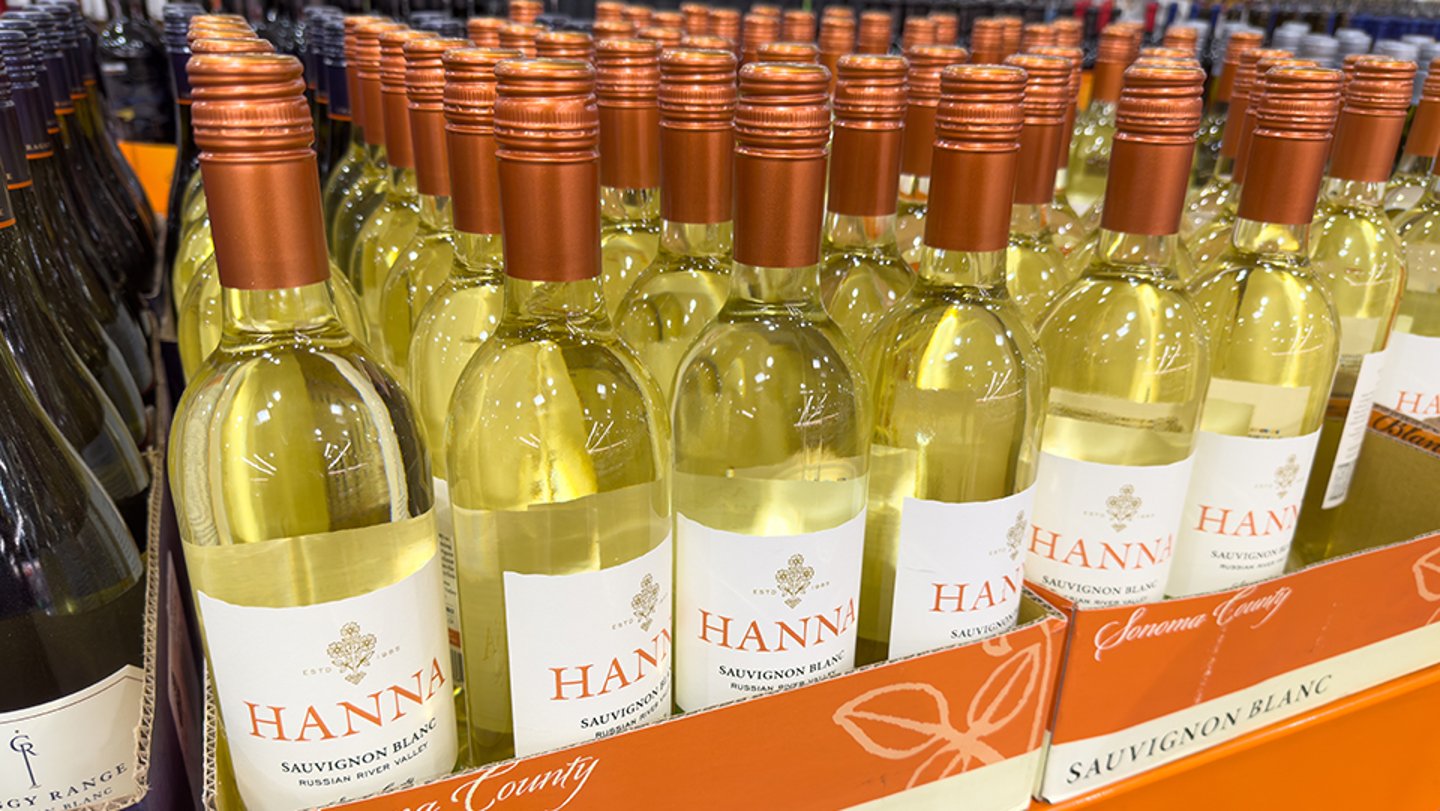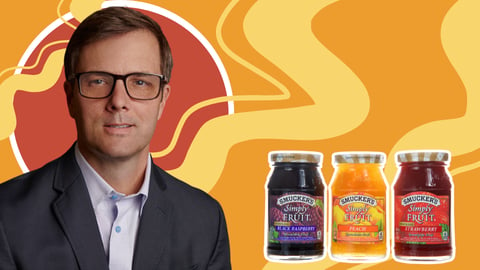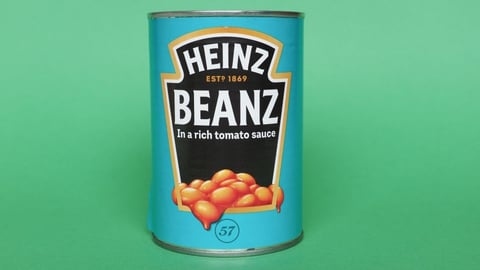How Southern Glazer’s Is Elevating Proof for ‘Hands-Free Commerce’
Southern Glazer’s Wine & Spirits is taking steps to evolve its Proof B2B e-commerce platform into a comprehensive destination for retailers.
Proof generated about $4 billion in revenue for the distributor in 2024, reaching a total of about $12.5 billion since its 2019 launch, Alan Wizemann, chief digital officer, tells CGT. Initially developed as a companion for BevAlc retailers to provide both customer support and visibility into assortment and fulfillment, Proof has become a tool for SGWS front-line sales teams to better understand and track customer needs.
The three-tier BevAlc landscape complicates product recommendations, and varying regulations mean each state needs to be treated almost like its own country, notes Wizemann.
“We have to understand not only the customer, but also their demographics, their assortment, and their type of establishment, so there's a lot more variables that go into it,” he says, stressing that trying to do that at scale without machine learning would be impossible.
As a result, SGWS is leaning into its position as a hub between suppliers and retailers by increasing its use of artificial intelligence and leveraging insights from different customer segments to help retailers better understand and grow their businesses. This includes providing industry trends, category-specific insights, and location-based data.
Nuanced Recommendations
While traditional recommendation models may look across category price points and propose next-best recommendations based on all customer behavior of a similar segment, SGWS recommendations account for the particulars of a specific category customer, Wizemann says. Depending on the category and segments, they can drill down to the store’s neighborhood, including product type and price range for a retailer’s assortment.
For example, wine retailers can design a menu that either aligns with or provides alternatives to price points being offered by nearby locations. Whiskey bars can receive recommendations for new products filling price point gaps, as well as those for garnishes and mixers.
SGWS can do this in part because of its scale: The privately owned company operates in 44 U.S. states, Washington, D.C., and Canada, and there are more than 10,000 brands available on Proof.
See also: Learn where CPG tech leaders are placing their 2025 investment priorities
“We understand a very large portion of what they're ordering — in some markets we’re up to 60% of the share — that we can actually make very intelligent recommendations for them of what they should carry next [and] assortment products they can carry.”
The goal is to ultimately deliver a conversation to retailers rather than just a generic or ineffective recommendation, says Wizemann. The next step for Proof includes driving more insights and providing market intelligence surrounding pricing, inventory levels, and discrepancies, and understanding product movement velocity.
“When you start to peel the onion of the complexity of beverage alcohol, there's a tremendous amount of differentiation in products themselves, from availability to allocation to rareness,” says Wizemann. “It really allows us to experiment with different models to make sure we're always delivering the value to our customers rather than just looking at general recommendations or general insights.”
In addition to refining recommendation precision, they’re working to provide more context to both retailers and sales teams about them.
“A person-to-person relationship will never be able to expose multiple thousands of SKUs in a conversation,” says Wizemann. But giving both parties the same recommendation information, and reasons behind the decisions, makes conversations easier to understand, act on, and ultimately make sales.
Hands-Free Commerce
As part of its improvements to Proof, SGWS is automating its customer support and fulfillment to ensure its high-performing items are always in stock, which the company has termed “hands-free commerce.” This includes running pilots with several national accounts in which orders are automatically created and retailers and/or their salespeople receive notifications. (State regulations mean the nuances surrounding the system can vary, Wizemann says.)
They’re also currently testing models to understand suppliers’ marketing activity and how marketing efforts could ultimately change the velocity of a product. The goal is to ultimately improve their ability to make recommendations and fulfill orders based on localized media and marketing activities.
Looking ahead, they’re focused on building out Proof to provide complementary support for the full customer lifecycle. “We want to start to understand … from a much earlier standpoint of how we can effectively acquire the customer and then nurture the relationship with the salesperson, much like you would a consumer finding an ad online and becoming interested in the product.”
See also: SpartanNash is raising the bar on customer experiences with a retailer feedback loop
As part of this, they’re exploring how generative AI can enhance storytelling, streamline marketing, and support independent businesses by creating tools for tasks like crafting content, generating point-of-sale materials, and simplifying operations. This includes developing chat-based systems to provide real-time answers to complex questions, as well as replacing traditional insights reports with more accessible, interactive solutions.
The company is taking a hybrid approach, building proprietary models and partnering with providers such as Amazon and OpenAI.
“The approach allows us to have specialized models that help verify, validate, and enhance any responses from open-source or packaged models,” says Wizemann.
They’re piloting several multi-agent systems that are trained on SGWS data for accurate, persona-specific results, which are expected to help a range of users quickly answer their daily business questions with AI assistance.
“As we look toward 2025, we will build more interconnected, specialized multi-agent systems that will learn, validate, and grow as they are used across the enterprise.”







